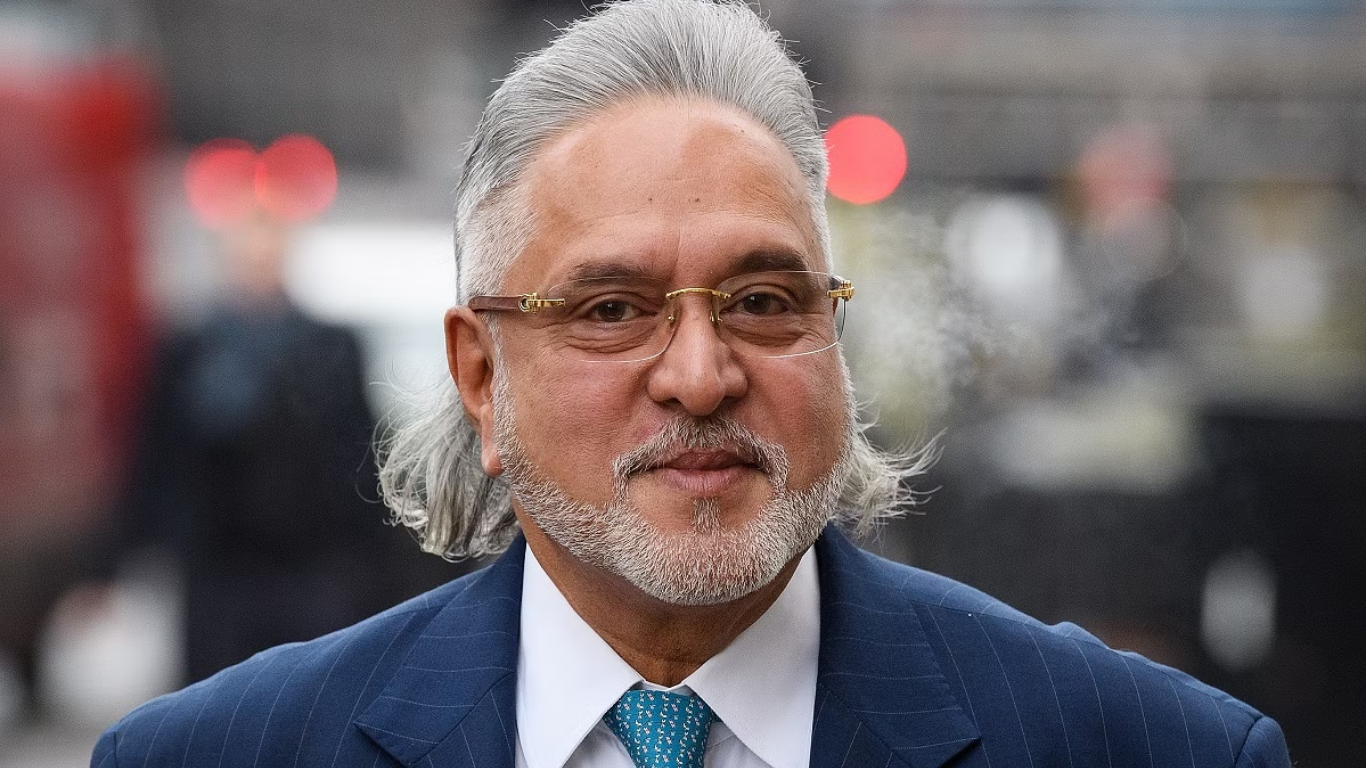In today’s modern world, everybody has invested so much of themselves into their work lives that it doesn’t just seem to be a means for a good living instead it seems to be the only life that a person might have. From working to live a comfortable life, a lot of us have made ourselves the most comfortable in our work lives.
With the concept of work-life balance growing increasingly foreign too soon, our lives have become extremely hectic. However, instead of stepping out of a hectic professional life, most of us have eased into normalizing making our profession and our work our entire life.
In such instances, taking a break often feels like a crime. A vacation makes us feel guilty, and a weekend away from work often makes us feel like we are going to fall sick, with a disease we are not really familiar with. With a lot of us believing that the hustle culture is part of having an ambition, it becomes highly difficult for individuals to take a break, and we often find ourselves calling ourselves workoholics to justify our inability to take a vacation, or a weekend, or even a sick day for that matter.
Leisure sickness: a psychological syndrome
However, the tendency of some people feeling sick or experiencing discomfort during their vacations or on their weekends is termed as leisure sickness, a concept initially coined by a Dutch researcher, Ad Vingerhoets, after it was found that about 3 percent of the people are left feeling sick on their days off work. Vingerhoets found that the sudden change in their functioning from working to not working was difficult for people who experienced leisure sickness. This tendency was particularly reported amongst people who dealt with high-pressure jobs.
Though not universally recognised, the concept of leisure sickness includes certain risk factors that lead most people to feeling sick while they are on their free or leisure time during their vacations and weekends. These include a high workload, inability of an individual to adapt to a non-working situation, people’s higher need for achievement, a stronger commitment to work, and an overdeveloped sense of responsibility to work. It is believed to cause post-travel flu-like symptoms to indicate that an individual might be experiencing leisure sickness. These include body aches, headaches, fatigue, muscular pains, nausea, airborne illnesses like the flu or cold, throat aches, coughs, and sniffles.
“Leisure sickness is a sneaky feeling of dread”
Leisure sickness is often viewed as a psychological syndrome affecting people who don’t take time to relax at all. Enhancing our insights on the subject, Psychologist and Clinical Hypnotherapist Mishika Sethi, Director of Leap over Life, explained, “Leisure sickness is like that sneaky feeling of dread that creeps in just when you’re supposed to be enjoying your time off. You know, when you finally get a break from work, but instead of relaxing, you start feeling tired, achy, or even anxious.”
Seconding the various studies, Mishika stated that it seems that a lot of people, especially those in high-pressure jobs, can experience this. “Think about professionals like doctors, teachers, or anyone in a corporate setting who’s constantly juggling deadlines. They work hard and then suddenly, when it’s time to unwind, their body decides to remind them of all that stress. It’s like their mind can’t switch off, which is such a bummer,” she added. The person suffering from leisure sickness often feels like their body is saying, ‘Hey, we need to keep worrying about work!’ When you should be chilling out. “It can feel like a real downer,” she said.
“You might notice that certain personality types, like perfectionists or those who really struggle to let go of their work, are more likely to face leisure sickness,” Mishika highlighted that one’s personality traits play a major role and how intensely leisure sickness might impact their daily functioning. If you’re someone who feels guilty for not being productive, it can be tough to enjoy your free time without that nagging feeling in the back of your mind.” According to her, Chronic stress can really mess with an individual’s ability to relax. “If you’re constantly on edge at work, it’s hard to just kick back and enjoy your downtime. It’s like you’re stuck in a loop where you can’t fully enjoy your weekends because your mind is still racing with work thoughts,” she explained.
Leisure sickness takes a toll on emotional health
Leisure sickness can often take a toll on one’s emotional and physical health. “Feeling anxious or physically unwell during your leisure time can lead to burnout and just a general sense of unhappiness,” she emphasized the importance of recognizing the symptoms and problems related to leisure sickness at an earlier stage because it can really affect how an individual feels about life overall.
Mishika further explained the impact of this syndrome on an individual’s relationships. She acknowledged its impact, adding that if a person feels drained or anxious, they might not want to go out with friends or engage in social activities. “This can lead to feeling isolated, and it’s hard for loved ones to understand what you’re going through if they haven’t experienced it themselves,” she said.
Finding a balance
While therapy can really help if you’re dealing with leisure sickness, one can also prevent leisure sickness by finding a balance. Mishika highlighted that setting boundaries between work and personal time is key to finding that balance. “Engaging in hobbies that you love and prioritizing self-care can make a huge difference. It’s like giving yourself permission to enjoy life without guilt.”
Nonetheless, if a person is unable to find a solution themselves, talking things through with a professional can provide new perspectives and coping strategies. Techniques like mindfulness can help a person learn to relax and enjoy their time off without that constant worry hanging over them.
“Taking care of mental health is important”
Mishika while elaborating on the subject shared how she had witnessed her patients suffering with leisure sickness. “I’ve definitely seen this in my practice. One client, a corporate executive, was always exhausted by the weekend. We worked together to identify stressors and develop strategies to make their downtime truly enjoyable. It was so rewarding to see them start to reclaim their weekends and actually relax,” she recalled as she reiterated that understanding leisure sickness is extremely important in our fast-paced world. “It reminds us that taking care of our mental health is just as crucial as our work. By recognizing and addressing these feelings, we can lead happier, healthier lives and truly enjoy our leisure time.”
In conclusion, leisure sickness emphasizes the intricate connection between our physical and mental health, especially when we try to unwind. It is evident that stress, lifestyle, and emotional control are important factors in its start, even if this is still not well understood. People can lessen the chance of developing symptoms by accepting the illness and using techniques like stress reduction and upholding a positive work-life balance. As awareness increases, so can our comprehension of how to more fully enjoy our vacation time without having to deal with the unforeseen burden of illness.


















